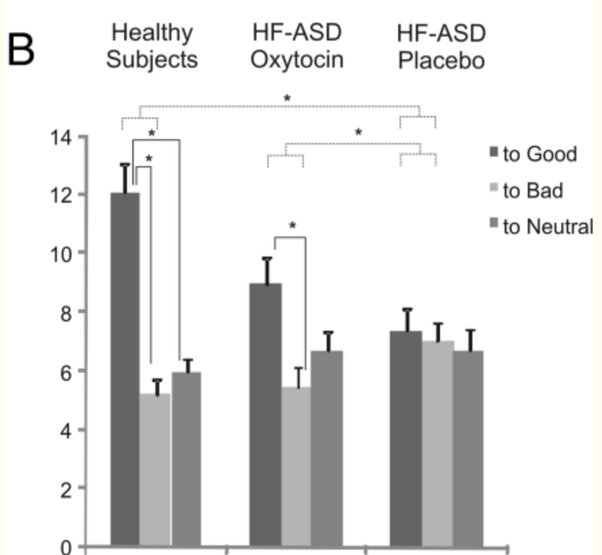Alaric593
Well-Known Member
Research shows that those with ASD treat good, bad and neutral people the same. Neurotypicals invest in people who behave kindly, punish people who behave badly and behave neutrally to people who are neutral to them.

Those with ASD give roughly the same amount of resources to all in a particular interaction. This is different than psychopaths and narcissists who look for people that they can take advantage of and because those with ASD give the same, they can easily be taken advantage of by these personalities.
Those with ASD generally respond to the person the way that they are being in the current moment—they describe not being able to respond in practical way to the past behaviour of people.
This leaves the most practical solution for most with ASD as to keep their distance from people to avoid this dynamic.
Those with ASD give roughly the same amount of resources to all in a particular interaction. This is different than psychopaths and narcissists who look for people that they can take advantage of and because those with ASD give the same, they can easily be taken advantage of by these personalities.
Those with ASD generally respond to the person the way that they are being in the current moment—they describe not being able to respond in practical way to the past behaviour of people.
This leaves the most practical solution for most with ASD as to keep their distance from people to avoid this dynamic.